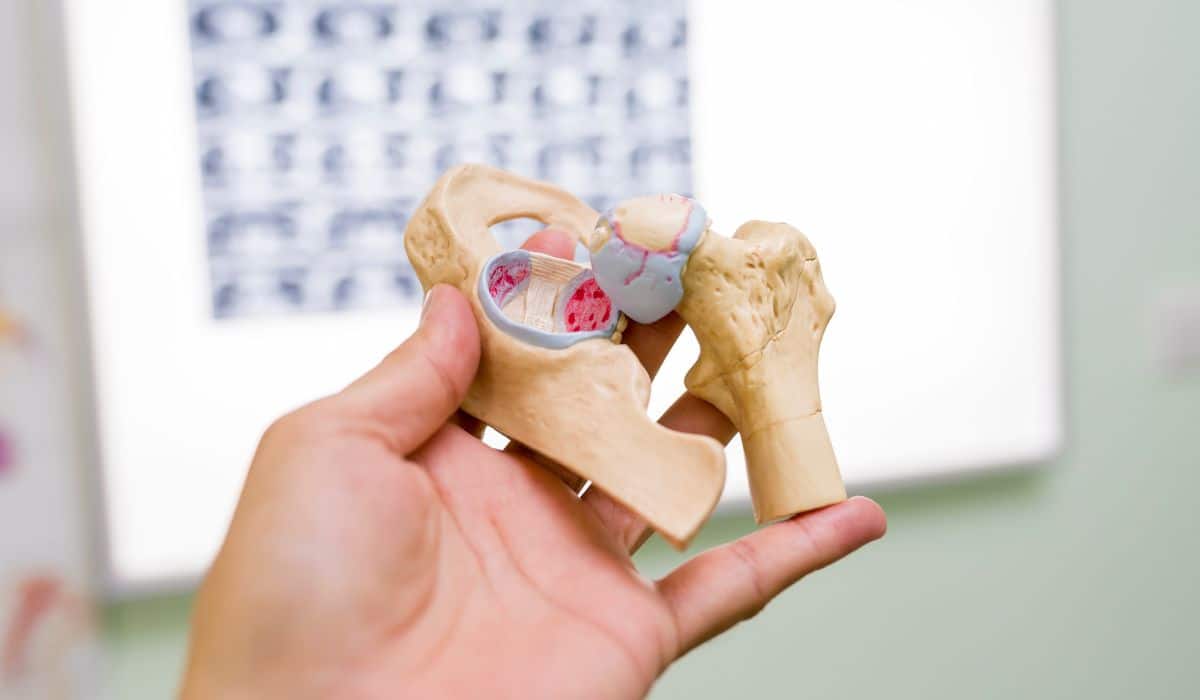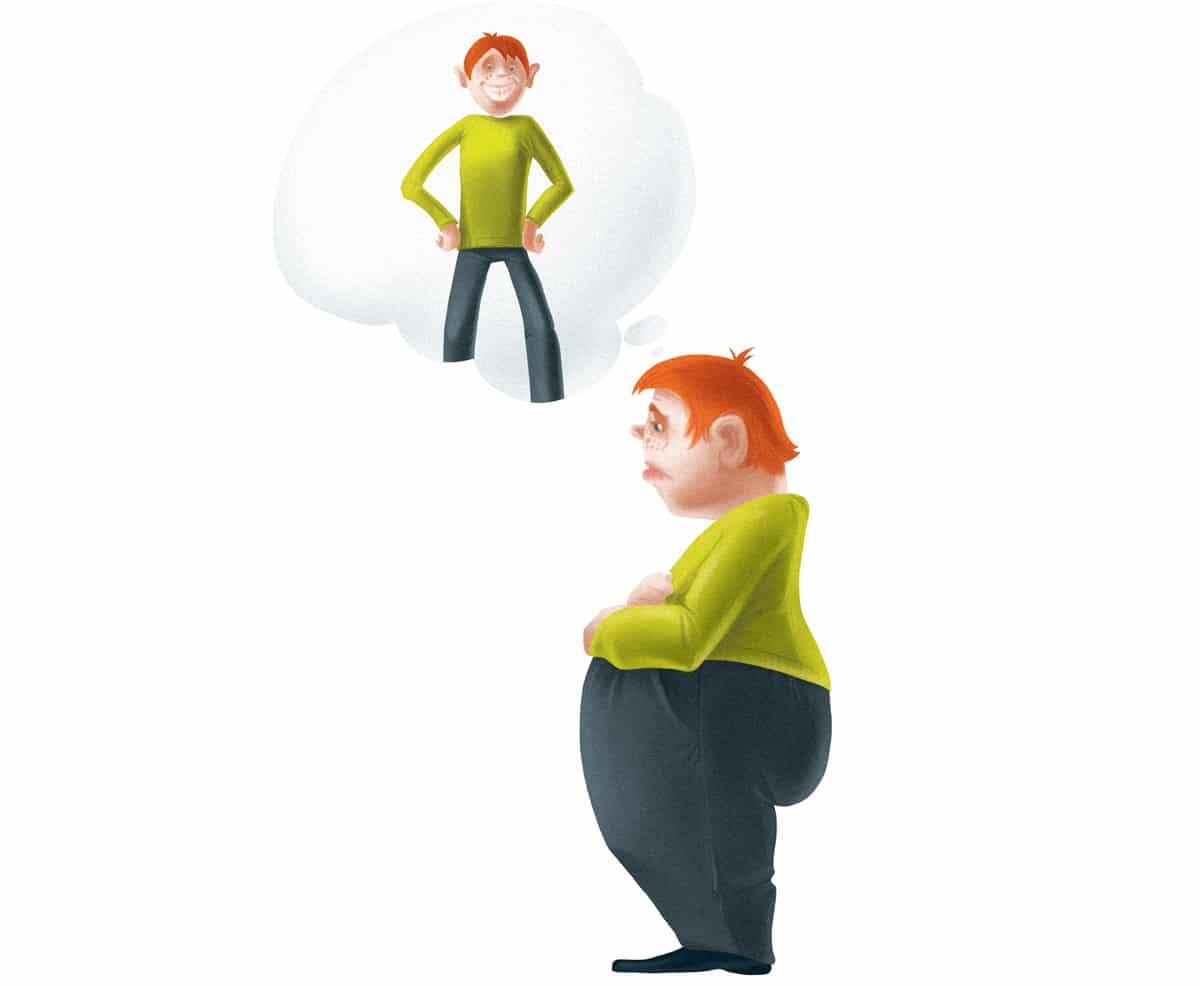
You know what’s cool? When the “problems of aging” turn out to really just be “problems of eating a lousy diet and being totally sedentary (while aging).” It’s always fun to see people in their 50’s and 60’s discover that they’re not nearly as old as they thought they were.
You know what’s even cooler? When young people can avoid those problems in the first place.
There's tons of research out there about giving different diets and supplements to people who are already older and sick, to see if any of it helps treat diseases of aging like diabetes, heart disease, and osteoporosis. But what about young people who want to avoid those problems in the first place? A study on 60-year-old women and calcium supplements just might not be relevant to you if you're 20 and male - so do you just have to wait and see what problems you get, and then treat them after the fact?
Nope! Actually, there's a fair amount of research exploring what younger people can do to set themselves up for healthier aging down the line. Think of it as a retirement plan for your body – with no decisions to make about when you want your taxes taken out of it, no maximum contribution limits, and you get to enjoy all the perks right now as well as banking them for later.
Do Strength Training to Build Bones for Life
Osteoporosis is one of the major health problems of aging, especially in women. You can't swing a cat in PubMed without hitting a study on calcium and postmenopausal women. But did you know that your younger years actually offer an important window for preventing brittle bones before they even start? The lion’s share of your total bone mass is developed while you’re young, and by their late 20’s, most people have reached the highest bone mass they’ll ever have.
Resistance training and weight-bearing exercise increases bone mass and reduces the risk of fractures – and doing it while you’re young has long-term benefits. This study looked at young female gymnasts. While they were competing, they had higher bone mineral density than non-gymnasts. But the cool thing is that 10 years after retiring from competition, they still had higher bone mass and bone strength than people who had never done gymnastics.
This case study is only in one person, but it’s pretty cool. The researchers looked at 94-year-old man who had been a baseball pitcher until he was 39. He didn’t throw any baseballs for 55 years, between age 39 and age 94. But at 94, the bone strength benefits of pitching were still noticeable in his throwing arm! This study backed that up with a look at 103 additional baseball players, all of whom showed lifelong improvements in bone strength in their throwing arm, even after they stopped playing.
Doing bone-building exercise earlier in life can have huge benefits down the line, even if you don’t keep it up – now imagine if you did.
Eat Well Now for Cumulative Health Benefits
It’s easy for a healthy 25-year-old to say that he can “get away with” eating junk food now and he’ll worry about all that stuff when it starts to be a problem. But when people say “I can get away with eating junk food now,” they’re only getting away with it on the outside. “I can get away with it” means “I can get away without visible effects on my weight.” It doesn’t mean there are no consequences. There are plenty of consequences. They just aren’t visible (yet).
Quite a bit of research shows that diet patterns have cumulative effects. Eating fruits and vegetables as a young adult is associated with lower cardiovascular risk in midlife. The authors noted that eating fruits and vegetables was also associated with eating more fish, fewer refined carbs, and less fast food, and that the diet improvements might have been partly caused by those factors as well. That might muddy the association for fruits and vegetables specifically, but overall it really just strengthens the argument that a healthy diet is important. High fruit and vegetable intake didn’t have any real effect on cholesterol or blood lipids, so the authors suggested that the antioxidants in fruits and vegetables might have cumulative heart health benefits starting in early life. In fact, it actually goes back further than young adulthood: diet as far back as childhood can affect cardiovascular disease risk.
This study looked at 5 “healthy lifestyle factors” (not smoking, getting at least some exercise, not being obese, drinking moderately, and a healthy diet). Adherence to these five healthy lifestyle factors in young adulthood hugely reduced risk of diabetes and cardiovascular problems in middle age - the problem was that only 8% of people actually got all 5! Eating Paleo can help address at least two of those (weight and a healthy diet), three if you count alcohol as part of “diet.”
That reduced risk of diabetes and cardiovascular issues might also translate into a reduced risk of dementia and cognitive impairment later in life. Diabetes and cardiovascular risk factors are strongly connected to cognitive problems, and Alzheimer's Disease even has the well-deserved nickname of "Type 3 Diabetes." So a healthy diet (especially one low in refined carbs) and a moderate amount of exercise earlier in life could protect you against cognitive impairment later in life.
At risk of sounding paranoid: chronic diseases of aging don't start when the symptoms become visible. They start with a slow, almost unnoticeable accumulation of damage. A lot of that damage is preventable with very basic diet and lifestyle changes early in life - it's just that you have to be motivated to do it before the benefits are obvious.
Set Good Habits While You’re Young
Even if diet and lifestyle choices in your 20’s and 30's had no long-term effect on

your health, they would still be important because of the way they shape your habits.
Long-term studies indicate that diet patterns are shaped early in life and tend to persist over time. So the diet habits that you get into earlier in life will probably affect the way you keep eating for the rest of your life.
That starts to be a serious problem if the diet you can “get away with” (remember: this just means no outward signs of damage!) at 22 suddenly starts being a lot less “get-away-with-able” when you’re 62. Just to take one example, a diet low in refined carbs can help older people preserve cognitive function and metabolic health - but if you've always eaten a diet full of junk food, it's going to be awfully hard to change late in life. Sure, it’s theoretically possible to totally overhaul your entire diet at any age. But it’s incredibly hard, and a lot of people just can’t do it.
Most of us know at least one older person who has a diet-related disease but just can’t change their diet. They have Type 2 diabetes, or heart disease, or liver disease, or whatever it is but they “just can’t” give up sugar and Wonderbread. It’s just too hard to change everything after a lifetime of bad habits, especially for someone who’s already sick. Denial is easier (except for the people who have to watch them suffer).
Good diet habits early in life, before the consequences start showing on the outside, can completely prevent this. Of course there’s still room for special occasions and treats. There’s room for that at every age – there has to be, because humans aren’t robots and we don’t just eat for fuel. A diet with no room for worth-it exceptions just isn’t sustainable for the vast majority of people. But you can have occasional treats while still keeping good habits most of the time.
Exercise habits are also important – not just the habits you want now, but the habits you want to keep up when you’re older. Make a habit of low-level, gentle exercise like walking or swimming now. Even if you get older (and/or injured) and have to leave behind more intense workouts, you’ll have that habit of more gentle activity to fall back on.
Aging Well Doesn’t Start at 50
…or 60, or 65, or retirement, or whatever arbitrary age you want to define as the lower boundary of “old.” Even in your 20’s and 30’s, you can set yourself up to age better by…
- Eating well even before the consequences are visible. Studies to date seem to show benefits from eating more fruits and vegetables, fewer refined carbs, and less processed foods. This could help reduce the risk of heart disease, diabetes, cognitive decline, and other diseases of aging down the line.
- Doing bone-building exercise, especially in your early 20’s, to "bank" some bone mass for old age. Remember that 94-year-old pitcher? The benefits last!
- Building healthy habits to tide you over. Don’t wait until a crisis in your 50’s or 60’s.
It sounds almost too basic - why isn't there some magical berry or spice, something really surprising and powerful? But sometimes the basic stuff is the most effective, and the key is just to figure that out in time.





Leave a Reply